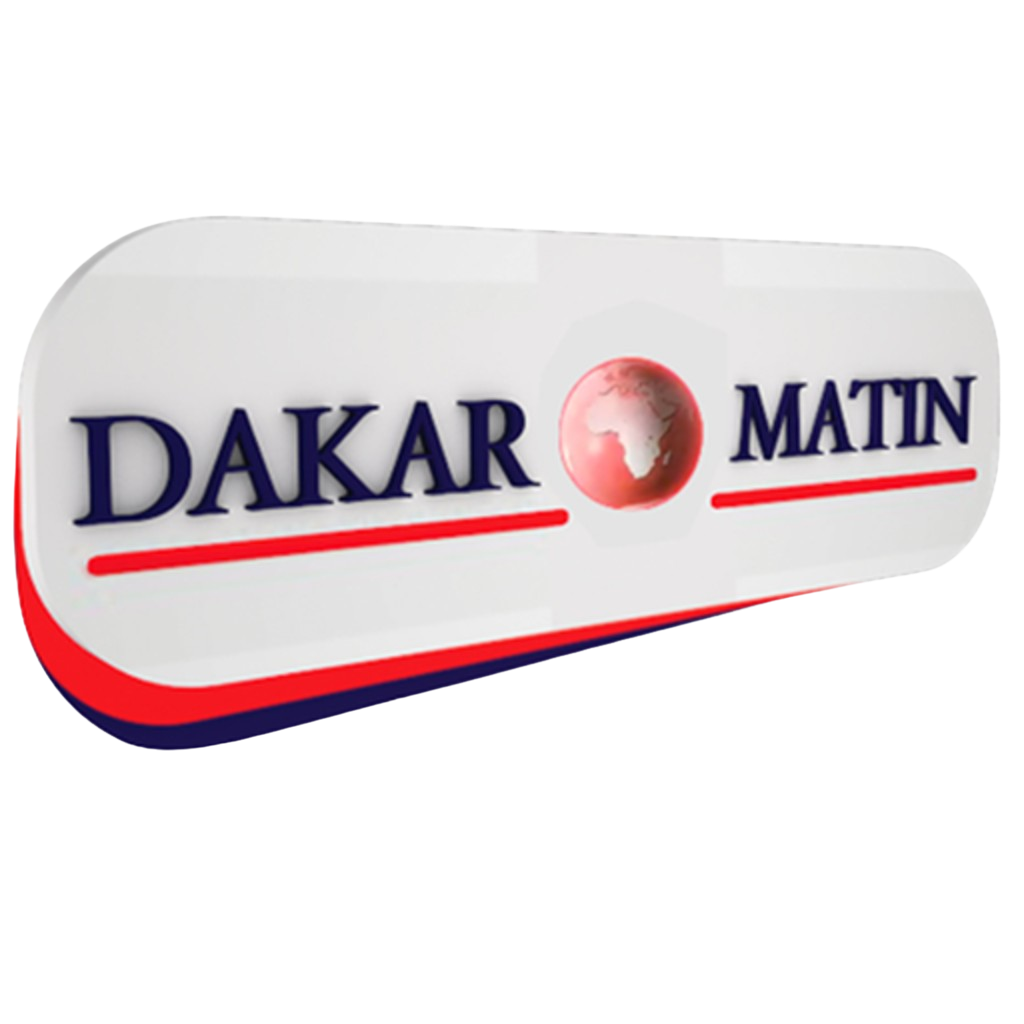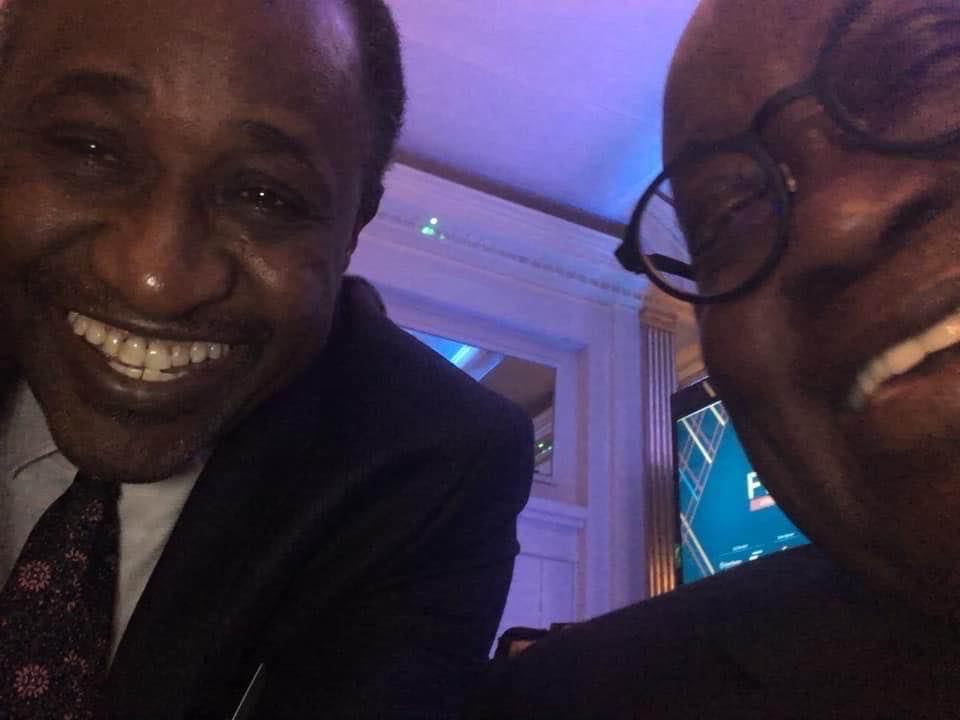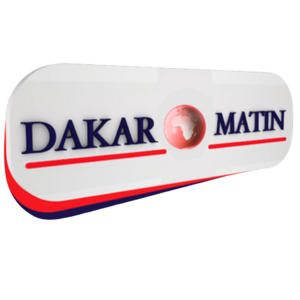President Nana Akufu-Addo, Wake-up, Ecowas Is Agonizing….
By Adama GAYE*
Barely one year ago, the whole West African citizenry, up in arms, was bracing to fight against France’s attempt, with the help of Cote d’Ivoire’s Ouattara, to highjack the regional currency name, The Eco, coined by The Economic community of West African States (Ecowas) and thus continue to derail the much-sought after integration process in our part of the world.
As you assume the mantle of chairman of the conference of the Heads of State of our main regional body, I hardly need to draw your attention, considering your experience as a top-diplomat, lawyer and now President of Ghana, on the growing disconnect between Ecowas and its key constituents –the west African people it was created on May 28th, 1975, to serve in the first place.
To testify to this, just one case in point is enough: while in a last gasp, the universal institution, fearing to be found again missing in action as another seemingly genocide unfurls in the Republic of Guinea, to escape from the dark remembrance haunting it since it stayed put in April 1994 during the Rwanda genocide which killed over 800 thousand people, the United Nations Organization managed yesterday to call for restraint from the security forces of the hapless West African country.
Many sighed with relief considering the number of people, mainly youngsters, who have already fallen victim to the reckless, excessive, use of military might against them, at the request of the outgoing Guinean President, Alpha Condé, in his drive to torpedo the electoral process, culminating in the voting on October 18th, whose outcome seems to be a deafening defeat for him at the hands of his challenger, Mamadou Cellou Dallein Diallo.
Better late than never, and despite her inaction, including the silence it observed in the run-up to the election when the signs on the walls indicated clearly that Guinea was poised to experiencing a tragedy instead of a democratic party, the last-minute call emanating from Antonio Guterres, the Secretary-General of an increasingly outdated UN, has come to salvage her tainted image in West Africa.
But guess what President Akufu-Addo: Ecowas’s stance or lack of became suddenly louder and frightening. Where are you? Where are the Ecowas leaders? What do they have to say at this moment when not just Guineans but the whole West African populace are shocked to observe once more that in a time of urgent need, while people are dying, not even a word, not to talk of a plan or a an action, originates from Ecowas’s Abuja headquarters nor from none of its member States’ 15 leaders.
Many are convinced that Ecowas is no longer alive. More and more, the debate is about changing it into what is loosely called an Ecowas of the peoples when in truth its nature of an inter-governmental organization doesn’t allow for such a move.
When it was launched during the heat of the Cold War era, it could not handle clearly the challenges of democracy and political pluralism nor even deliver on the promises of economic integration it was meant to foster.
Ideology reigned then supreme. Yet, with the advances made in facilitating the movement of its citizenry within its borders while reducing the barriers to trade, Ecowas had become a name recognized and respected by foreign partners after the cold war receded. They saw in it the most easily famous acronym in African regional integration. And this was further bolstered by her quick positioning to provide a framework for peace promotion and conflicts management while becoming a welcomed elections broker as the region entered in the era of multi-party politics.
For long, mainly because few knew its huge shortcomings, Ecowas was accepted as the voice of West Africa and that gave it a legitimacy celebrated across West Africa..
Today, let’s face it: Ecowas is not just seen as an empty shell but a remote organization unable to connect or respond to the expectations of a restless demography, youths and adults alike, more than ever capacitated by the growing technological and economic connectivity that make our world, despite the virus impeding it, a united, globalized one.
It is not surprising that from Beyonce to other icons living far-away, people around the world have joined the struggle of the Nigerian kids against police brutality. Millions of tweets about it are shared making this feature of Nigeria’s bad governance, along its economic disastrous management and corrupt political leadership, a shameful proposition now gone viral. What with the killings of Guineans who voted in their droves to sack the sitting President, a so-called democrat now parading with his true dictatorial colors or those against Ivorians being hunted down as this other West African country is moving closer to a volatile election day, set on October 31st to decide whether the current President Alassane Ouattara was right is seeking an undue, unconstitutional, Third term in office.
Overall, to sum it up, it is the whole West Africa that is rapidly becoming a powder-keg. Take the case of Senegal where not just the natural resources of the country, its oil and gas, and other minerals, have been privatized by its illegitimate leader, Macky Sall, who won a re-election last year of the basis of a stolen election.
Across the region, indeed, temperaments are flaring as fraudulent leaders rely on ethnicism, populism, corruption, undemocratic behaviors to stifle competition and to kill the hopes expected from the insemination of a democratic project in its countries as part of what was widely seen as the reinvention of West Africa towards the end of the last century.
Now, all is in tatters. Mr. President, can’t you see that even the Malian crisis in which Ecowas zigzagged so much that it failed to understand that what happened there until August 18th when the military moved out of their barracks, probably in a deal with toppled President Keita, and started a transition that has been allowed to proceed despite the grandstanding of the regional leaders. A national revolution, with the crowd hastily joining every week to challenge the way their country was led, was dismissed by the Ecowas cartel of leaders, bent of defending their colleague in power until he was ousted, and thereafter imposing uncalled for economic sanctions before ending up accepting the terms of the transition which disregarded their own tenets.
I am not disappointed by Ecowas’s utter failure. It vindicates the reason why 24 years ago, after four years as its Director of Communications, I was the first-ever leading executive to resign from it. I refused to further associate myself with what was like a joke, never willing to address in earnest its mission.
At the time, in the midst of the harsh dictatorship of Sani Abacha, I had enough of an organization whose staff was mainly concerned with collecting perdiems for fake or useless official assignments, often abroad, with nothing to show for it.
I recall the climate of under-performance prevailing in it and it took someone bold enough to challenge the top-leadership within its executive arm when the culture of the staff was about bowing to please whoever was in charge.
Nothing has changed since then. A former staff, who left recently, told me: “it has worsened, and while the coffers of the organization are empty, despite a ban to attend meetings away, the perdiems seeking trend is growing by the day”. He adds: « The commissioner in charge of political affairs within the organization, a Beninoise, Mr. Behanzin, like, for instance, to demand from donors to pay him private flights to attend events ».
What is worse is the fact revealed in this tragic Guinea electoral saga when, it has been reported, Ecowas electoral observers were caught sharing money from the camp of Conde as part of a deal to have them validate his fraud.
Let’s be blunt, President Akufu-Addo. This cannot continue. The era when politicians were treated like God is over. People now expect them to deliver yesterday their promises. They are looking for proactive leaders nimble enough to grasp their core expectations and deliver on them. Not just by parading in their gadget new found videoconferences.
Beyond style, what is demanded is substance. Big questions loom large: what is West Africa’s post-covid19 future? Where does stand the monetary cooperation about the regional currency? Why has the regional court of Justice been transformed into a charade with its decisions dropped in the dust-bins of bureaucracies across the region while, it is being said, judges sitting there have been corrupted? When is Ecowas going to meet in true terms its Declaration on political principles and abide by its Protocol of Democracy and Good Governance? Why its leadership continues to remain numb when the human rights of its people are trampled with? What is Ecowas doing to stop police brutality and reign on autocratic leaders un-democratic shenanigans, including arbitrary detention of their political opponents, as has been my case last year in Senegal ? When will it have the gut to call a spade a spade, for instance name and shame leaders of in its member States who steal election or cling to power despite being defeated as is the case in Guinea-Conakry? When are we going to reap the benefit of our being a community: travelling from a country to another one remains a hassle, tariffs and non-tariffs barriers abound as community citizens face the hurdles not enjoy the freedom to move within it, and trade as well as other interactions are limited to their bare minimum.
Even in its peace-keeping missions, a field it was one of the first regional organizations to engage following the withdrawal from the region after the Cold War, in 1990, of the former ideological God-fathers, the name of the organization is tarnished. Few of them succeeded while those who remember the beginnings recall how the name of Ecowas’s military operations, ECOMOG (Ecowas monitoring group), has been turned into every car or movable object gone. Indeed it was when Ecomog ventured in Liberia for its first outing and its peacekeepers were instead seen as…thieves!
To be true, Ecowas is at the crossroads. It has lost credibility. It is shunned from all corners. It is late in action. It is often missing when it matters. It is just seen as an organization serving the whims of autocratic, undemocratic, leaders within the region. It has become, worst, a tool of political and money-laundering for some of them.
President Akufu-Addo, when we met last time in London, at the Financial Times Africa Conference, I promised to pay you a courtesy call in Ghana. More than ever, it is timely to do so. I believe the time to engage the stakeholders different from the culprits at the helms of their countries has come.
Be bold.
I don’t believe you should allow Ecowas to continue its rapid descent into the abyss of irrelevancy. It is getting late though, Mr. President ! And guess what, the people of the region have almost completed the coffin they have crafted to put it in -and burry it if you don’t wake-up to the challenges making their lives unbearable.
Action is now -or never…
Adama Gaye*, a political Exilee from Senegal, lives in Cairo after being illegally arrested in his country for his writings. Gaye is a former Director of Communications of Ecowas, a former Director-Editor of The London-based West Africa Magazine, and author of several books on Africa. He lives in Cairo, Egypt.
PS: The President of The Ecowas Commission, Jean-Claude Brou, is demeaning the function with his silence on issues that tear apart the West African region as if discussing Guinea would create a doctrine that he would uphold in future circumstances, like Cote d’Ivoire’s coming elections.
Adama Gaye with President Nana Akufu-Addo in London 3 years ago.

 .
.
 .
.
